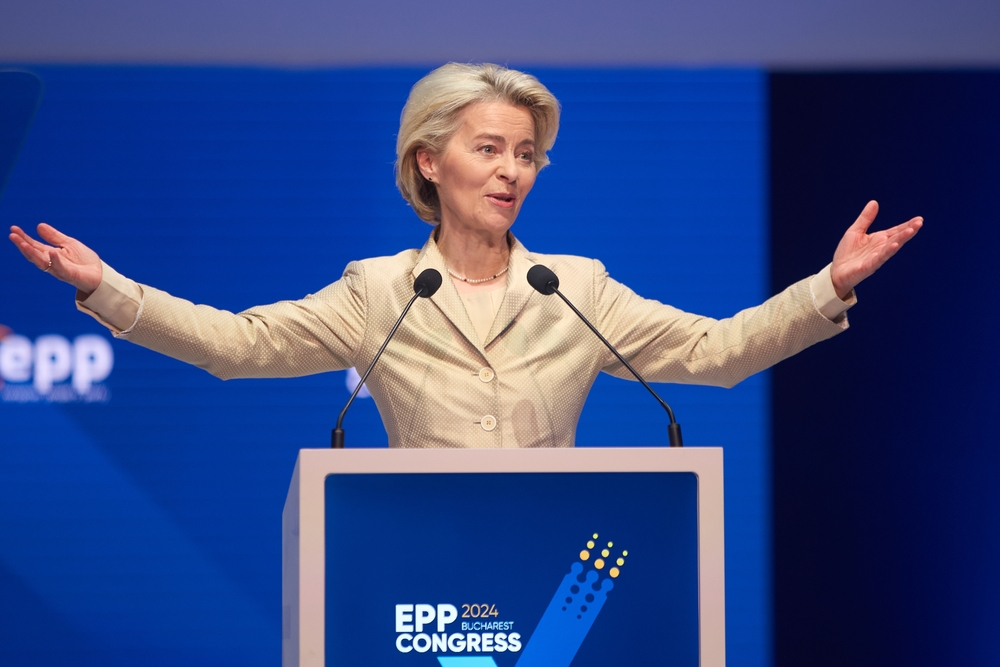European Commission President Ursula von der Leyen, re-elected in July for a second five-year term, has today unveiled the list of 26 commissioners she will propose to the European Parliament. This new Commission will consist of 27 members, including von der Leyen herself, with a balance of 11 women and 16 men.
The European Commission serves as the executive branch of the European Union, with commissioners akin to national ministers. Each commissioner has been officially nominated by one of the EU member states, following informal negotiations with von der Leyen about their roles and responsibilities. The announcement is only the beginning: in the coming weeks, these candidates will undergo hearings before the European Parliament, where they will be scrutinized on their expertise and political positions. The Parliament will vote on the proposed Commission between November and December.
Among the list are several experienced figures likely to pass the parliamentary hearings without issue, such as outgoing commissioners Maroš Šefčovič from Slovakia and Valdis Dombrovskis from Latvia, who have served since 2009 and 2014, respectively. However, some candidates may face increased scrutiny, notably Italian nominee Raffaele Fitto. Although well-regarded in European circles, Fitto represents a government with a strong eurosceptic faction, led by Giorgia Meloni. It is anticipated that male candidates might face more pressure during the hearings, given the increase in their number compared to the previous Commission, which von der Leyen had aimed to balance for gender parity.
The process of assembling the new Commission has been fraught with challenges. Initially, von der Leyen requested that member states propose two candidates, one woman and one man, to ensure gender balance. This request was not met uniformly. Recent delays were also caused by the resignation of outgoing French Commissioner Thierry Breton, who was expected to be re-nominated. Additionally, the announcement of the list was postponed due to internal political issues within the Slovenian government, which initially prevented the formal nomination of Slovenia’s commissioner candidate.

